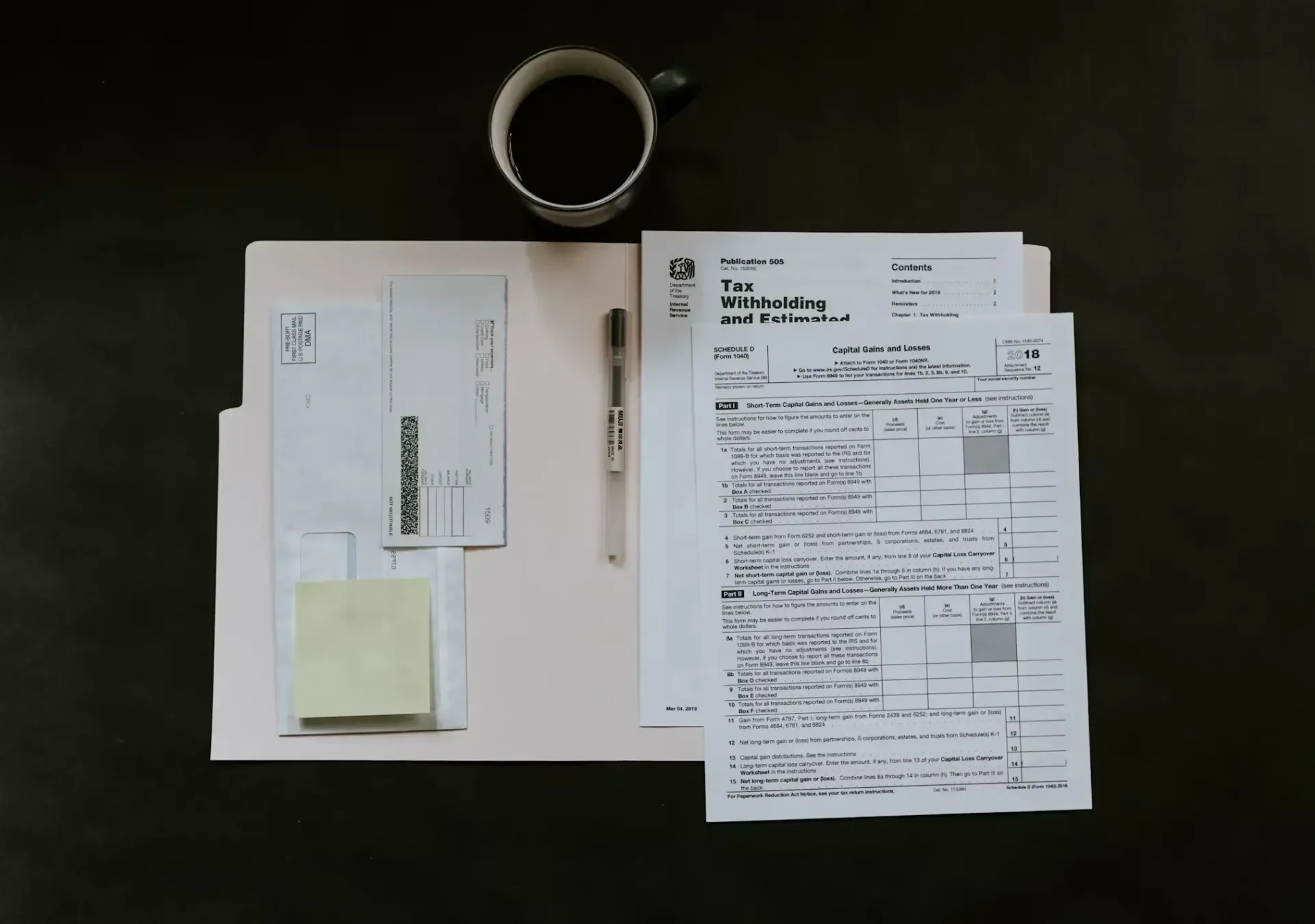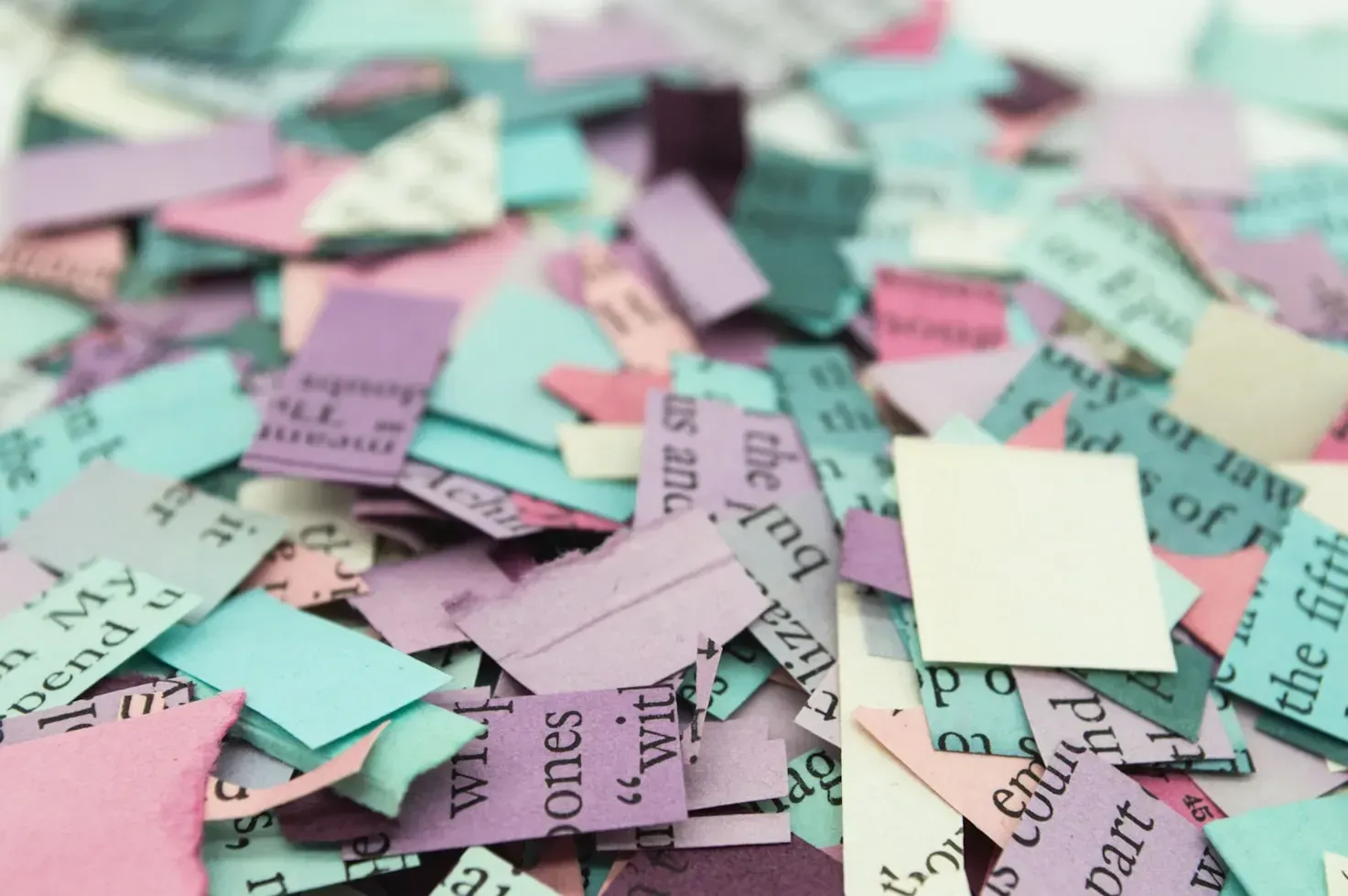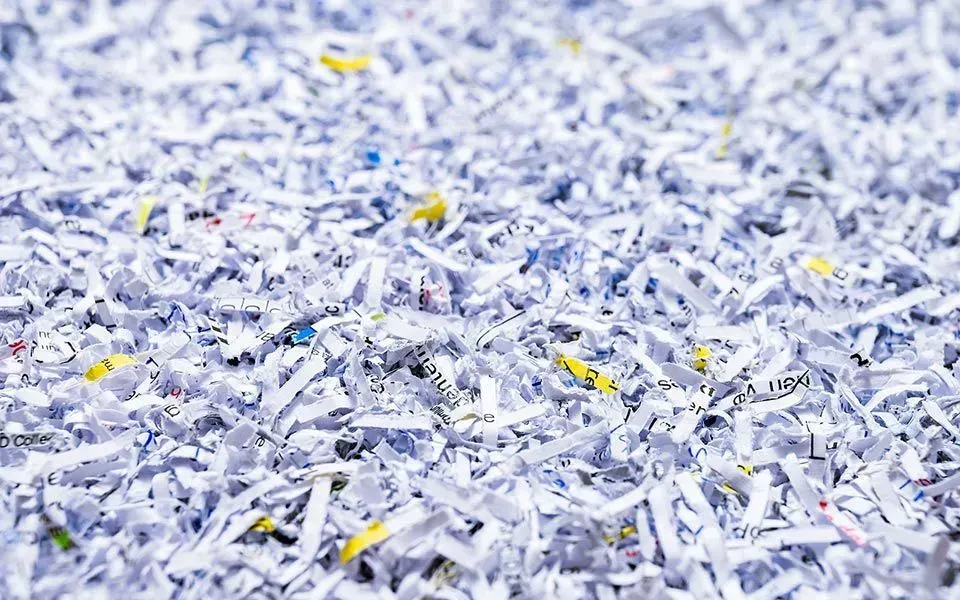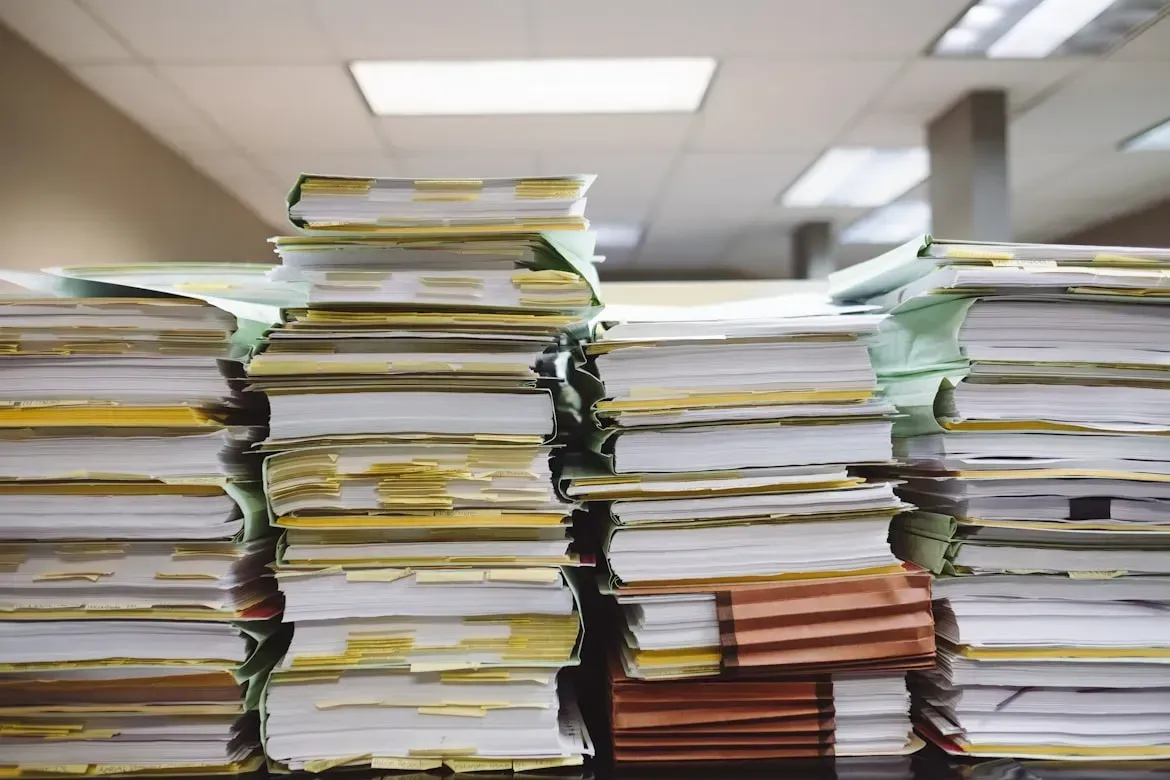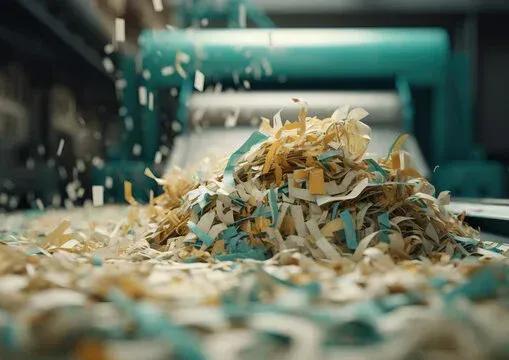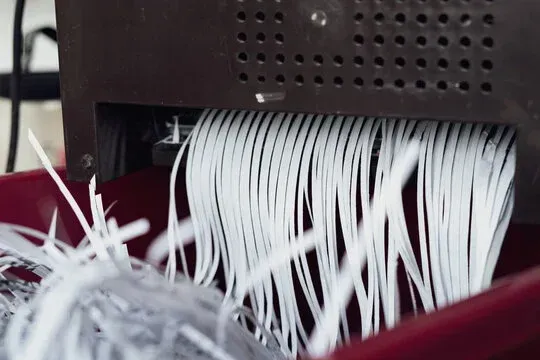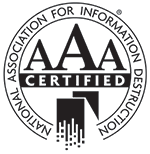Shredded Paper Recycling

Shredded paper recycling plays a critical role in boosting sustainability efforts, especially in Boise, where residents are committed to a greener future. It ensures that all those confidential documents, old receipts, and other shredded materials are transformed into fresh, reusable products instead of being tossed in a landfill. But what makes shredded paper recycling so important?
When done correctly, it reduces waste, conserves natural resources, and minimizes the carbon footprint by lowering the demand for raw materials like timber. Plus, it provides a clean slate for businesses and households to securely dispose of sensitive documents.
However, without proper sorting and preparation, recycling shredded paper can get tricky. Contamination or moisture can spoil the whole batch, reducing the quality of recycled products. So, let’s dive into the collection process, learn the recycling tricks, and see how shredded paper gets a new lease on life.
Collection and Sorting Process
In Boise, like in many cities, shredded paper is typically collected alongside other recyclables at curbside pickups. Businesses also contribute, sending their bulk shredded documents to local recycling facilities. The key here is separation; shredded paper must be kept separate from other types of recyclables to avoid contamination.
Sorting centers use advanced machinery to sift through the mountains of recyclables, pulling out shredded paper from the mix. Vibrating screens, air classifiers, and manual sorting are common methods that help segregate these tiny pieces from glass, plastics, and metals. However, mixed materials and wet or dirty paper pose significant challenges. Contaminated paper can halt the recycling process, leading to more waste.
To boost recycling rates in Boise, ensuring that shredded paper is clean and dry is crucial. Residents and businesses can contribute by keeping their shredded paper free of food waste and other non-paper items before placing it in recycling bins. This simple step can significantly enhance the effectiveness of recycling programs in the city.
Preparation for Recycling
Once sorted, shredded paper needs to be prepared for recycling. Facilities bundle shredded paper into compact bales or compress it to minimize storage and transport costs. This step makes handling large quantities easier and speeds up the next steps in processing.
Sorting facilities often rely on specialized equipment, like balers and conveyors, to streamline these tasks. This machinery makes the process efficient, ensuring shredded paper is ready for the pulping process. However, shredded paper can be more challenging to handle than whole sheets due to its smaller size, which is why careful preparation is crucial.
In Boise, ensuring the shredded paper is free of contaminants is critical. This reduces strain on recycling machinery and keeps costs down while maintaining a high-quality output. Prepared, clean bales are then transported to pulping plants for further processing.
Pulping and De-inking Process
At the pulping stage, shredded paper is combined with water and chemicals to form a slurry-like pulp. This mix is churned thoroughly to break down the fibers and separate any remaining contaminants. The result is a homogenous pulp that can be further cleaned and refined.
De-inking is the next step. It involves removing ink, adhesives, and other impurities.
The process often uses flotation or washing techniques, relying on specialized chemicals and machinery. Air bubbles help lift ink particles to the surface, where they're skimmed off. The resulting cleaner pulp is then screened to catch any remaining debris.
Despite being effective, these chemicals and machinery can impact the environment. Facilities in Boise work to minimize this by reusing water and reducing waste wherever possible.
Paper Production and New Products
Once the pulp is clean, it's ready for production. The pulp is pressed, dried, and rolled into massive sheets. These sheets are then cut and shaped to create new products. Tissue paper, packaging material, and office paper are common items made from recycled shredded paper.
Recycled shredded paper brings economic benefits to Boise. By reducing reliance on virgin materials, recycling supports local businesses and reduces production costs. It also keeps shredded documents secure by turning them into something new and untraceable.
Challenges and Limitations of Shredded Paper Recycling
Recycling shredded paper comes with challenges. Contamination and fiber degradation are among the biggest issues. Mixed materials like plastic, food waste, or adhesives often make their way into shredded paper, reducing quality and value. Smaller pieces are also more prone to degradation, making the recycling process tougher.
To address these problems, facilities invest in advanced sorting technologies. High-tech screening systems and public education programs aim to minimize contamination and encourage proper disposal practices. In Boise, residents and businesses are educated to keep shredded paper dry, clean, and free from plastic binders or clips.
Overcoming these challenges is crucial for effective recycling. Raising awareness about proper preparation will help boost the quality of recycled products.
How to Improve Shredded Paper Recycling at Home or Work
To improve shredded paper recycling at home or work, preparation is key. Use a paper-only container to keep shredded documents separate from other recyclables. Avoid mixing in plastics, staples, or adhesives, and make sure the paper is clean and dry before recycling.
Composting is another option. Shredded paper breaks down quickly and adds carbon to compost piles, making it a practical alternative if recycling isn't available.
In Boise, follow local recycling guidelines for shredded paper disposal. Some facilities accept shredded paper only if placed in clear plastic bags, while others require paper bags or cardboard boxes. Check with the city or local recycling provider to understand specific rules and available resources.
Conclusion
Recycling shredded paper is a vital step toward sustainability, reducing waste, conserving resources, and boosting local economies. The process requires careful sorting, preparation, and de-inking to transform old documents into fresh, usable products. Although challenges like contamination and fiber degradation persist, proper disposal practices and advanced recycling facilities ensure shredded paper can be effectively reused.
Call to Action
Ready to make a positive impact with your shredded paper disposal? Trust Western Records for secure, efficient recycling. They provide reliable shredding and recycling services to households and businesses across Boise, Idaho Falls, Pocatello, Twin Falls, and Nampa. Make sustainability a priority with Western Records.
Frequently Asked Questions
1. What types of paper can/can't be shredded and recycled?
Most types of clean paper, such as office paper, magazines, and newspapers, can be shredded and recycled. Avoid shredding laminated paper, photos, or wax-coated paper, as they can contaminate the recycling process.
2. How should shredded paper be prepared before recycling?
Place clean, dry shredded paper in a paper or clear plastic bag. Check local guidelines for specific bag types and ensure no plastic or non-paper items are mixed in.
3. Are there specific recycling facilities that accept shredded paper?
Yes, some facilities have special requirements for shredded paper. Western Records accepts shredded paper for recycling across its service areas in Boise, Idaho Falls, Pocatello, Twin Falls, and Nampa. Always check local guidelines.
4. Can shredded paper be composted instead of recycled?
Yes, shredded paper can be composted. It adds carbon to compost piles, aiding decomposition. Avoid using glossy or coated paper to keep the compost organic.
5. Is shredded paper recycling environmentally friendly compared to other waste management options?
Yes, recycling is typically more environmentally friendly. It reduces the demand for virgin materials and keeps shredded paper out of landfills. Composting is also a good option if recycling facilities are unavailable.


